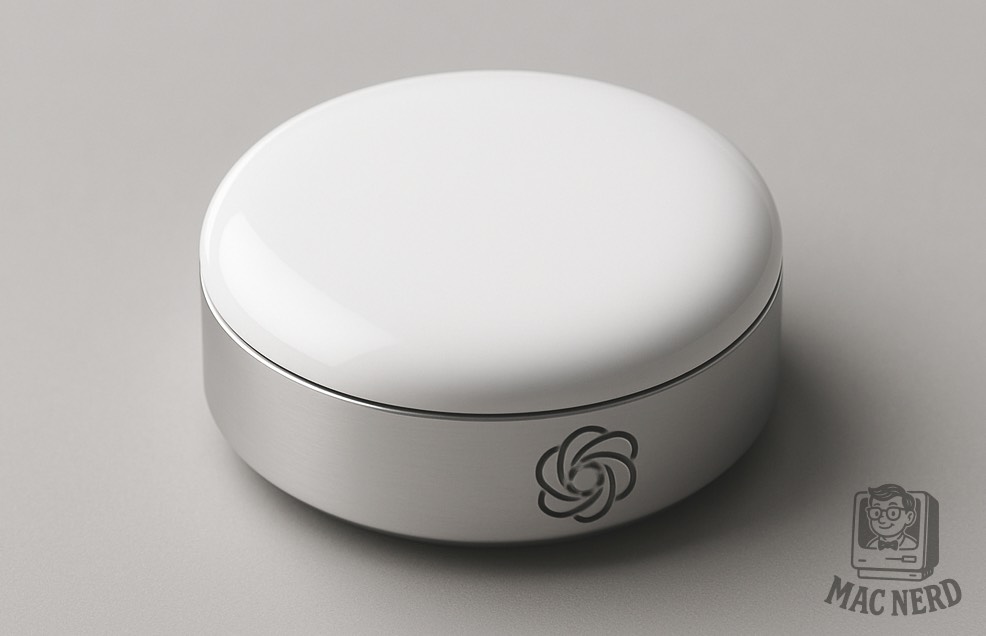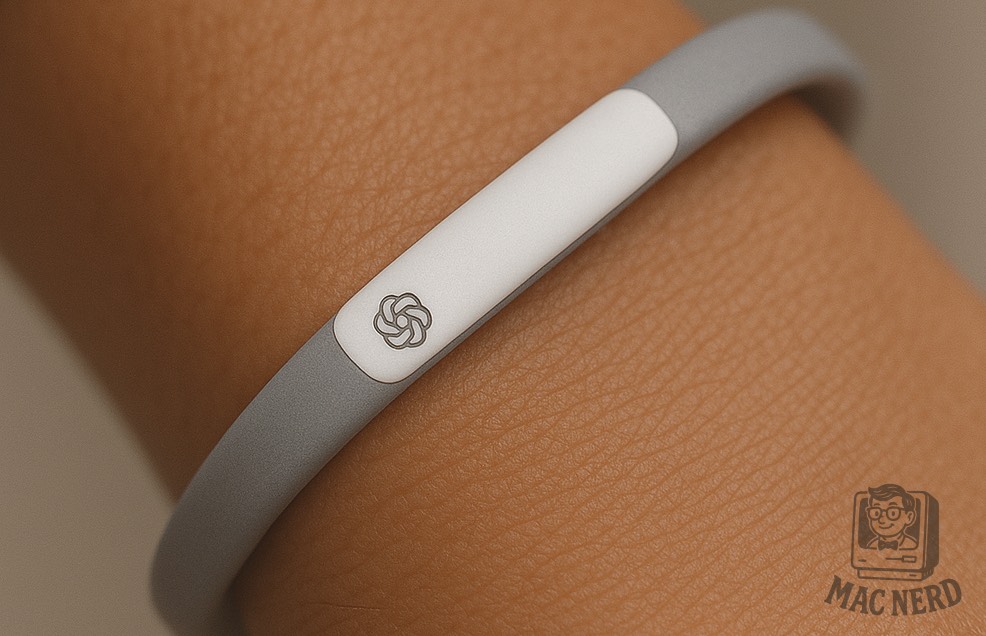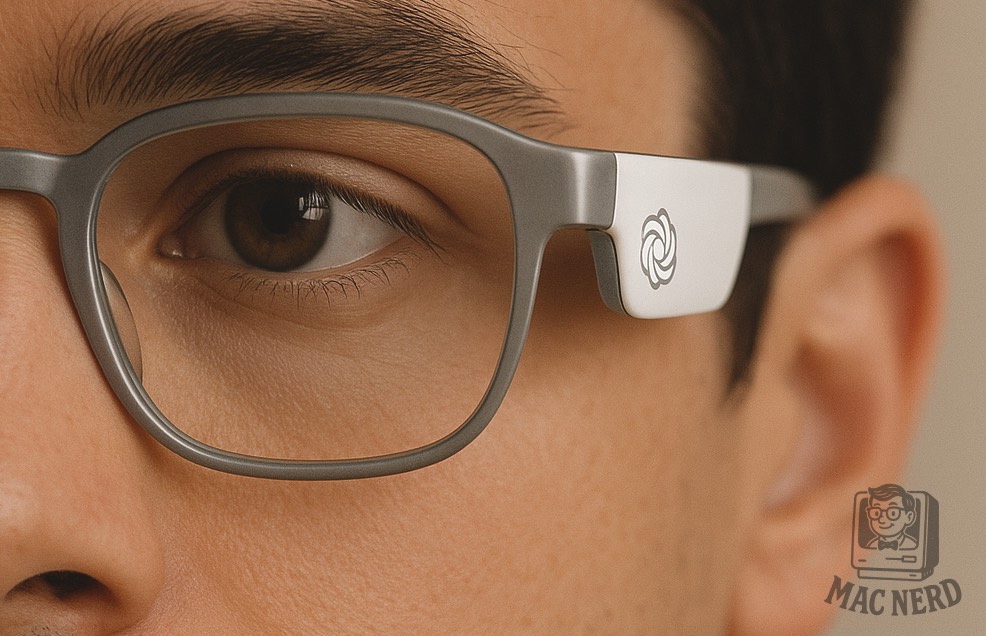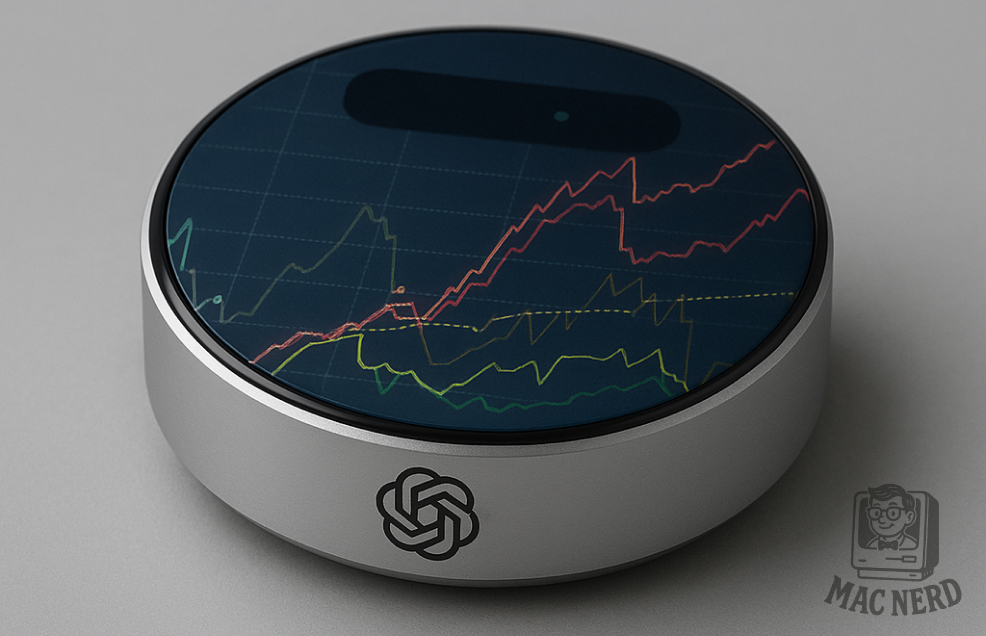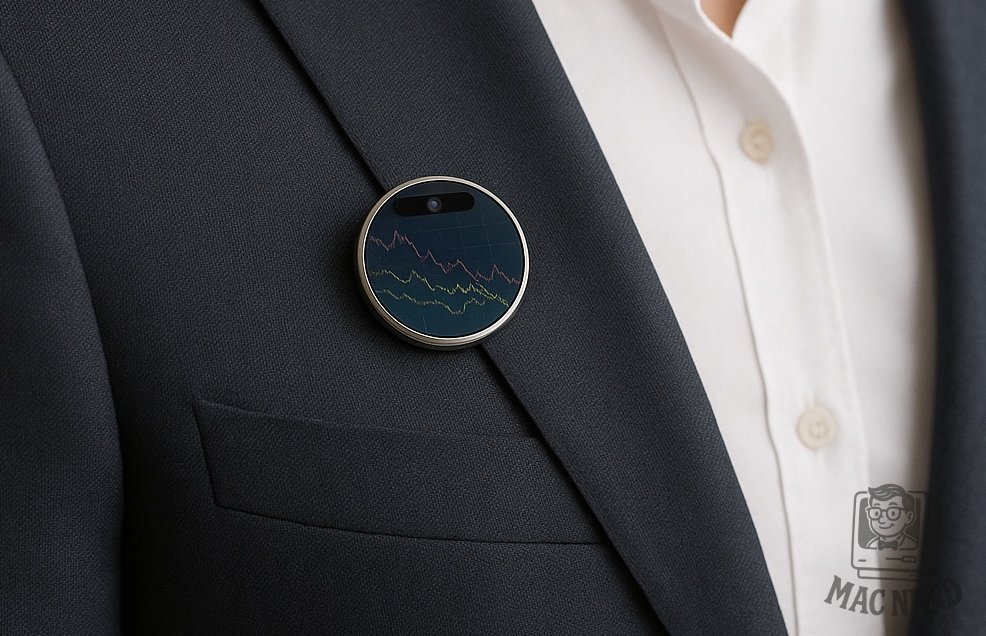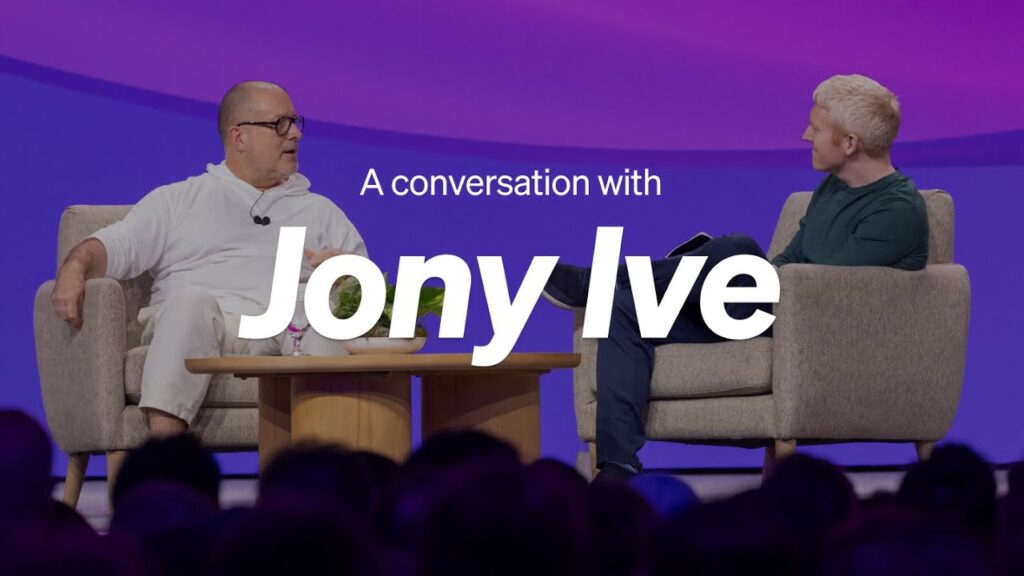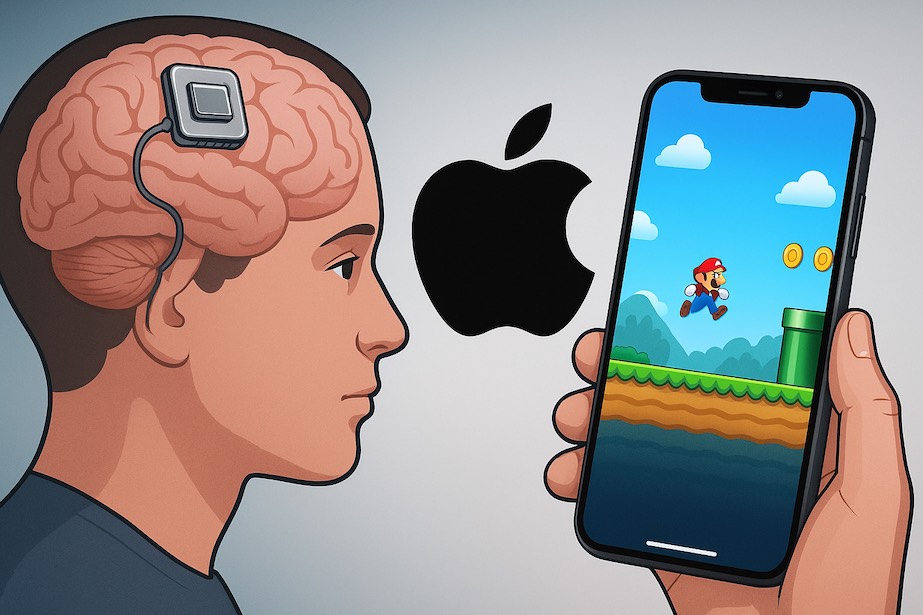The tech world went a little bonkers last month (and admittedly so did we) when news broke that Jony Ive and Sam Altman are joining forces to build a “next gen” AI hardware device that could replace your smartphone.
Die-hard fans of Apple reacted enthusiastically, skeptics voiced their doubts, and everyone pondered: could this team successfully navigate the challenges of design, engineering, manufacturing, marketing, and the current global political and economic realities, such as tariffs?
Surprisingly, some of our first real clues on how they’re going to pull this off came from an unexpected source: the DOJ’s antitrust trial against Google. It turned out OpenAI had approached Google about integrating Google’s beloved Search into ChatGPT and even hinted at buying Chrome if Google were forced to divest. When OpenAI’s internal strategy deck surfaced in court, it revealed precisely what Altman’s team has in mind.
The slide deck, titled “ChatGPT: H1 2025 Strategy,” outlines plans for a “super assistant that deeply understands you and serves as your interface to the internet.” As the document explains:
“In the first half of next year, we’ll evolve ChatGPT into a super assistant: one that knows you, understands what you care about, and helps with any task that a smart, trustworthy, emotionally intelligent person with a computer could do.”
It continues:
“The timing is right. [Reasoning] models like o2 and o3 are finally smart enough to perform agentic tasks reliably. Tools like computer use can boost ChatGPT’s ability to take action, and interaction paradigms like multimodality and generative UI let both ChatGPT and users express themselves in the best way for the task.”
Then the doc paints a picture of everyday life:
“At home, it should answer questions, play music, and suggest recipes. On the go, it should help you get places, find the best restaurants, or catch up with friends. At work, it should take meeting notes or help prepare for a major presentation. And on solo walks, it should assist with reflection and unwinding.”
Clearly, OpenAI aims to move beyond the command-line prompts that fueled their rapid adoption over the past three years. Instead, they envision ChatGPT as an omnipresent “super assistant,” and it makes sense they’d want to build dedicated hardware to own the entire experience.
Conveniently today (and kudos to OpenAI PR team for keeping the attention on themselves), the Financial Times published an interview with Jony Ive and Laurene Powell Jobs (Steve Jobs’s widow) that shed more light on the project.
Ive seems to have a tinge of guilt associated with the iPhone (and modern smartphones): “If you make something new, if you innovate, there will be consequences unforeseen, and some will be wonderful and some will be harmful. While some of the less positive consequences were unintentional, I still feel responsible. And the manifestation of that is a determination to try and be useful.”
Powell Jobs added, “There are dark uses for certain types of technology… [even if the designer’s intent wasn’t there].”
She also confirmed her investment in Ive’s design firm, LoveFrom, and hinted that this new project with OpenAI has restored both her and Ive’s belief that technology can do more good than harm.
Of course, she’s already had early access to prototypes and described the design process as “a wondrous thing to behold.” Rumors suggest the device may be screenless, though nothing is confirmed.
So far, OpenAI has been feeding us weekly teasers, and expectations are high. To keep ourselves—and you—grounded, we’ve devised three “litmus test” scenarios. If Ive, Altman, and their team can ace these, they may have a truly remarkable product.
Scenario #1: You wake up, grab a cup of joe, check your calendar, and see almost a day full of back-to-back meetings with no breaks. You mutter to yourself, “Seriously? How did this happen?”
Solution: The Super Assistant scans your work and personal calendars every evening. If it spots an overbooked day ahead, it sends a morning voice alert: “Tomorrow’s packed. Would you like me to reschedule some meetings?” It understands which clients and friends are top priority, so it suggests shifting the less important events and automatically finds new time slots. Now your day has breathing room, and you can sleep peacefully.
Scenario #2: You need to inform your client that your web hosting vendor has a new contract renewal proposal without rocking the boat. Both sides have their own agendas, sensitivities, and the current contract is about to expire—so there’s pressure to finalize terms quickly.
Solution: Your Super Assistant has already been absorbing your emails and Slack messages, so it knows each person’s communication style and their priorities. You ask it to review the vendor’s proposal and your existing contract. You ask your Super Assistant to draft a Slack message to your client that outlines the new contract’s pros, cons, and potential incentives—while keeping the tone neutral. Once the client signs off, the AI based on feedback from your client generates a follow-up email to both the client and the vendor to get everyone’s sign off. It’s like having a discreet, expert negotiator on standby.
Scenario #3: You’ve been binging “Dubai Chocolate” videos on YouTube and are craving a taste. But you keep forgetting to look for it in the stores.
Solution: Your Super Assistant notices your YouTube watch history, and when you say, “Reorder my usual Prime items,” it offers, “Would you like me to add the top-rated Dubai chocolate bar to your cart?” If you agree, it tacks it into your cart, and ready for checkout for a sweet ending.
Maybe, we’re asking for too much and expecting a lot from this Super Assistant? But what if they pull it off? (And can Altman be Ive’s second spiritual partner?) Stay tuned.
Our coverage of Open AI buying Jony Ive’s hardware company:
Part 1 | Part 2 | Part 3 | Part 4
